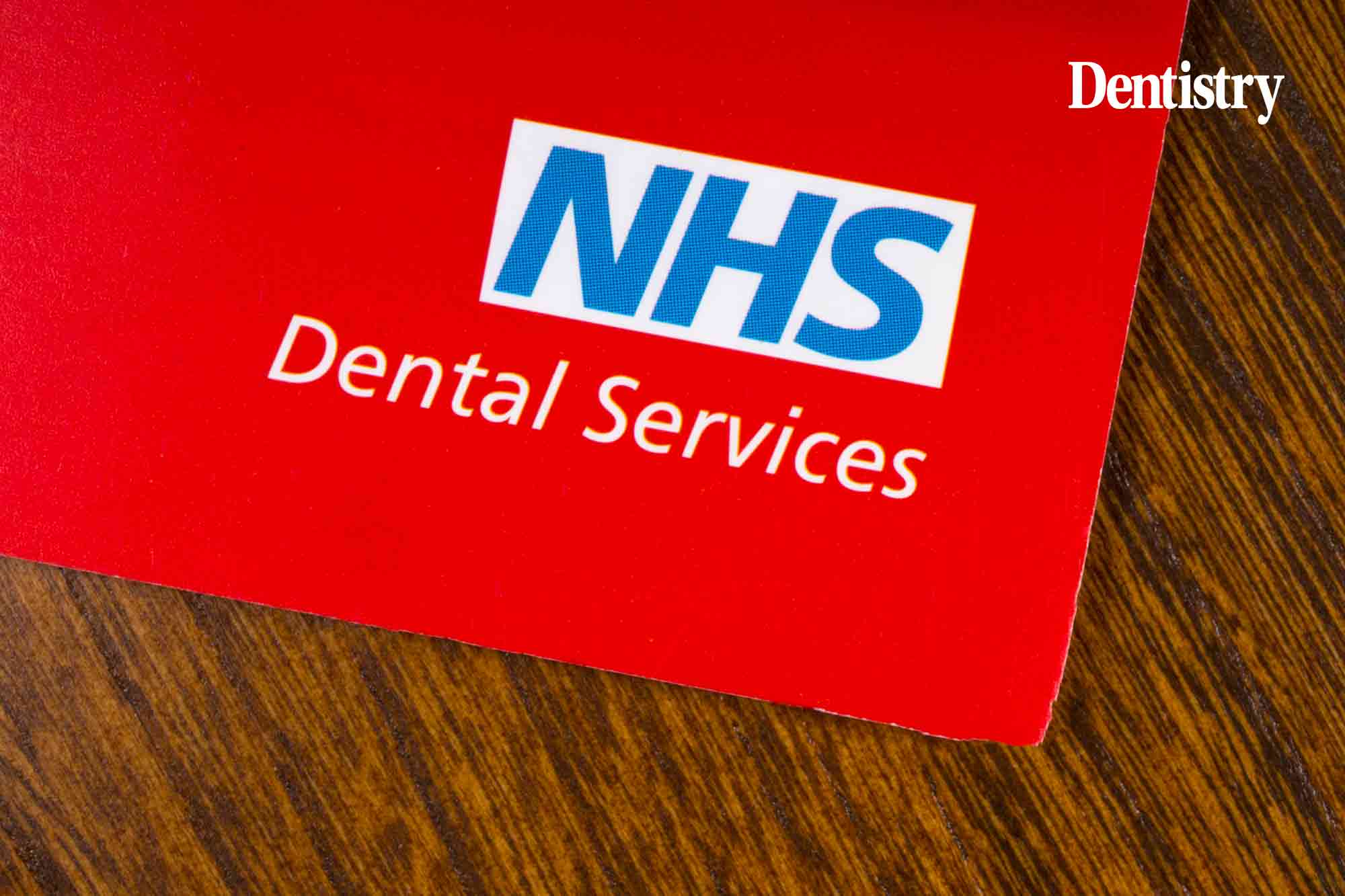
Dr Nilesh Parmar explains why the new NHS dental recovery plan falls short of what both the profession and the public really need.
This reform is not a reform. It’s not even close to a reform. It’s basically slapping some more plaster on an already damp, decaying wall. They haven’t addressed the main issue, which is something dentists have been screaming about for years – the NHS contract is not fit for purpose.
Dentists do not want to work in this system. If we aren’t careful, we won’t have any dentists offering NHS dentistry because the contract isn’t workable. There has never been any success where the less time you spend with the patient, the more quotas you meet. It just doesn’t work in dentistry. So the UDA system is very flawed and needs to be thrown away.
The NHS needs to bring back item for service where you are paid a reasonable wage for the work you do. For example, if you carry out one filling, you get paid for one filling, if you carry out two fillings, you get paid for two fillings. Offering £20k to dentists to take on more NHS work for three years works out at around £7k a year. This is not enough money to entice a private practice to take on NHS patients. It’s just not why they would do it.
Short-term fix
In terms of the toothbrushing in schools – why hasn’t this been implemented beforehand? To me, this is so obvious. Bring back school dentists. We also need to properly utilise dental hygienists and dental therapists: let them have an NHS contract number and an NHS pension. Allow them to work within the NHS healthcare system. This is a glaringly obvious submission.
The dental vans seem short-sighted – this isn’t tackling the problem at its core, it’s just a short-term fix.
A recent study by NICE and the University of Manchester showed that with the introduction of fluoride toothpastes, mouth rinses and varnishes, the positive effect that water fluoridation has on the amount of tooth decay in the population has now become somewhat marginal.
So although although healthcare professionals are keen on water fluoridation, is this the correct use of our limited funding when data now suggests it may not be as effective as it was prior to the widespread introduction of fluoride toothpaste?
Clear boundaries
In summary, what do I think needs to happen?
As mentioned previously, firstly I think we need to bring back fee per item and work with dentists to develop fair remuneration for it.
Secondly, we need to look into crown indemnity for dentists providing NHS care. Why is it that a doctor working in the NHS has indemnity with the crown? I think dentists should have some form of subsidy for the renewal for their indemnity.
Thirdly, there’s always been some confusion over what is available via the NHS. Patients often attend saying that everything is available on the health service. I think we need very clear boundaries over what treatment is available and what is deemed ‘cosmetic’ ie the patient needs to pay for it. Only by having these clear boundaries can clinicians have frank and honest discussions with patients.
Follow Dentistry.co.uk on Instagram to keep up with all the latest dental news and trends.


